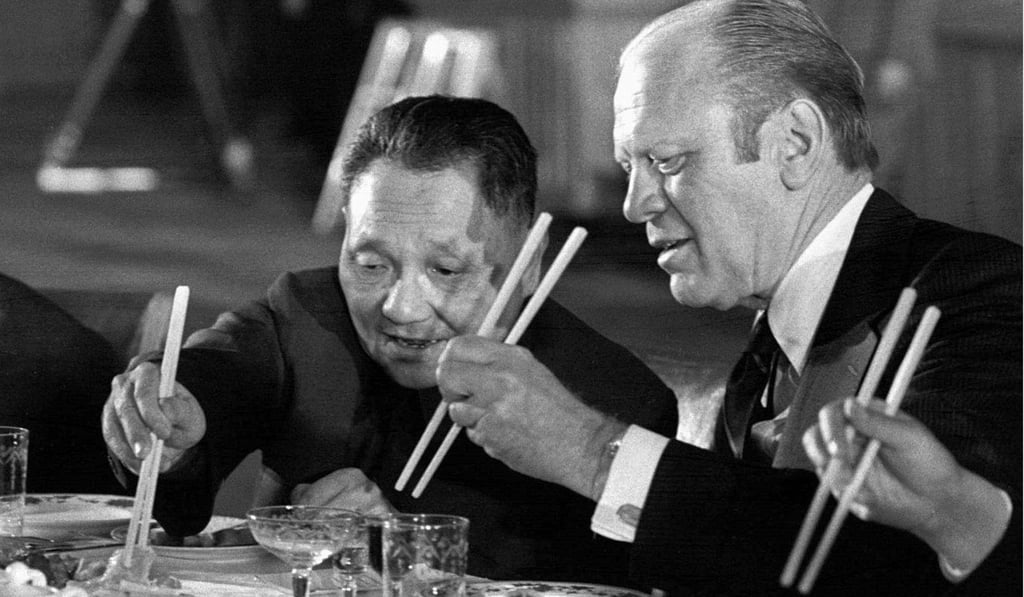What you need to know about the US panel that can stop deals from transferring cutting-edge tech to China
The Committee on Foreign Investment in the United States is at the centre of Washington’s efforts to halt Chinese acquisitions of US assets seen as a security threat

The Committee on Foreign Investment in the United States, an inter-agency body under the US treasury department’s control, is at the centre of the US government’s efforts to stop the transfer of advanced technology to China through acquisitions.
CFIUS has blocked several proposed Chinese acquisitions of US companies in the past year, including Chinese private equity firm Canyon Bridge Capital Partners’s proposal to buy US chip maker Lattice Semiconductor Corp for US$1.3 billion and Ant Financial’s attempt to buy MoneyGram International for US$1.2 billion.
Ant Financial is an affiliate of Alibaba Group, which owns the South China Morning Post.
The panel also stopped Singapore’s Broadcom Limited from buying semiconductor and telecommunications equipment maker Qualcomm Inc for US$117 billion, saying that by undermining Qualcomm’s leadership in 5G wireless technology, the deal would have opened the door for China’s Huawei Technologies Co to become dominant in the field.
The body may get more authority to block or unwind proposed purchases in response to US lawmakers’ worries that China’s acquisition of US technology presents a national security threat.
Here are important things to know about CFIUS and legislation that might strengthen its ability to block investments by Chinese companies.

History
